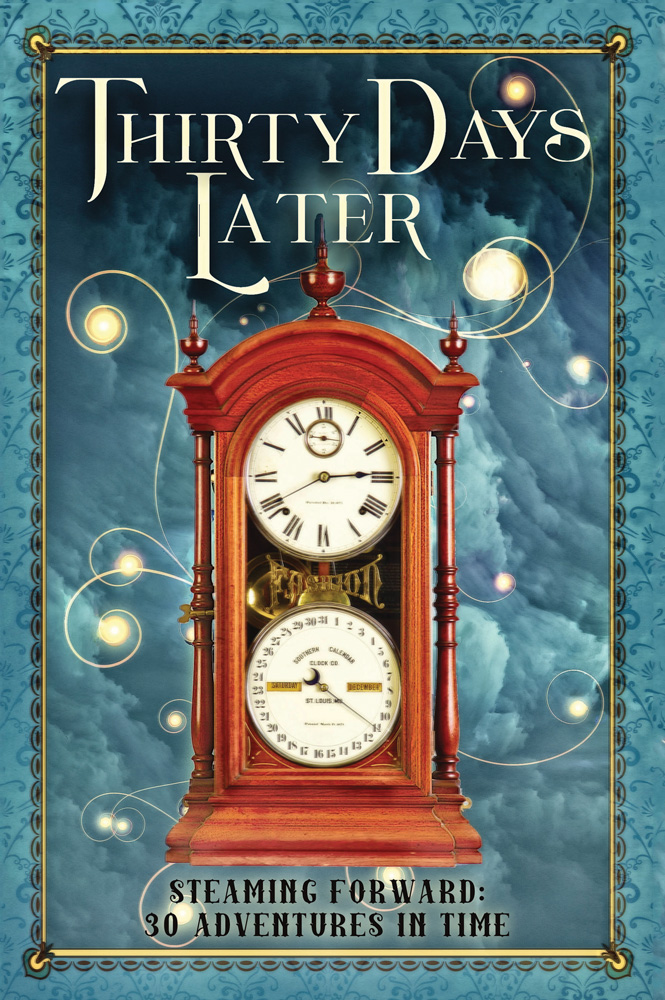by Lillian Csernica on October 3, 2023

I grew up on ghost stories, monster movies, Halloween celebrations, and books about folkloric beliefs all over the world. A cynical person might say all that would leave me predisposed to believe in the phenomenon I’m about to describe. I’d like to think all that research left me with the ability to separate what’s real from what’s only make-believe. My aunts and uncles talked about family ghosts with a mixture of pride and apprehension. However many ancestral ghosts might be haunting my father’s branches of the family tree, I defy them all to match the power of pure aggravation caused by my mother’s personal poltergeist.
Ever since I was a little girl, I can remember scenes of panic as my mother rushed around looking for whatever she’d lost that time. Just as we were about to leave for some big event such as a wedding or graduation, Mom couldn’t find her car keys. Didn’t know where she’d put her glasses. The paper with the directions on it had been right there a minute ago. She’d run all over the house looking in some of the unlikeliest places, coming up empty every time. Just when she was about to lose it completely, she’d check her purse or coat pocket or glove compartment or wherever she’d looked first, and there the item would be. Mom had simply overlooked it in her hurry the first time, right? That’s what my brother, my sister and I thought, but things began to happen that made that explanation less and less believable.

The smart thing to do when Mom was in one of her “Where did I put that?” panics was to stay out of the way. After my brother and sister moved out of the house and then my parents divorced, that left me as the only witness. Mom would swear up and down she felt like somebody was hiding whatever she was looking for and doing it on purpose. Wasn’t me, that’s for sure. I’d be in just as much of a hurry to leave. I started keeping an eye on the items Mom lost most frequently: keys, glasses, purse, wallet, directions, and any special gifts we’d be taking along. Because I kept a close eye on these items, they often did not go missing at all. And then I hit that awkward stage between ten and thirteen, when I wasn’t a little kid anymore, but I wasn’t quite a teenager.
Why was this important? Some paranormal investigators believe the physical and psychological upheaval of adolescence has a corresponding psychic turbulence that might manifest as psychokinetic activity. Poltergeist activity has been shown to occur most often in locations where a prepubescent or pubescent child is present. If the child is removed from the location where the poltergeist activity is taking place, does the activity stop? Sometimes yes, sometimes no. As technology continues to develop, investigators get closer and closer to their dream of solid empirical evidence.

So who was causing the problem of the disappearing objects? Was it the poltergeist, some mischievous spirit who just happened to decide my mother made a good target? Was it Mom, running around like a chicken with its head cut off so much that she’d put something down and forget where she left it, so it seemed to vanish? Or was I the cause, directly or indirectly? I never hid anything of my mother’s, and especially not on a day when we needed to get somewhere on time. Did the stress Mom worked up over getting ready for a special event attract the poltergeist? Did all that uproar trigger the response in me that brought on the seemingly poltergeist-based phenomena? Or did the poltergeist come first and get us all wound up and nervous so we created a self-fulfilling prophecy?
Here comes the part that really freaked me out. There were a number of times when I watched my mother put an item into her purse or pocket, her closet or a drawer. Later on when she’d need that item, she’d call me over to look in the exact place she’d put it, and it simply wasn’t there! It’s not like Mom had reason to suddenly move the object, changing the pocket or drawer. Even the possibility of something falling out of her coat pockets was rather remote because my mother favored coats with deep pockets to prevent this exact problem. The point here is as long as my mother had been the one to put the object in its “safe place,” there was a definite risk of the poltergeist making it disappear. If Mom gave the object to me to put on the dinner table or out to the trunk of the car, then we stood a good chance of finding it where I’d put it. My teenage years with my mother were full of all kinds of stress, money and hormones and attitude and the fallout from my parents’ divorce. One of the few areas where Mom did have faith in me was her belief that I had some kind of ability to make the poltergeist back off.

Unless, of course, Mom was behind it all, making those items appear and disappear. Was Mom having a good time, getting her laughs making me believe there was a poltergeist in the house?
I don’t think so. I can’t believe Mom would have put that kind of effort into a prank that went on for years, a prank that resulted in her freaking out a lot more than I ever did.
So the question remains. What kept making all those items appear and disappear?

























































